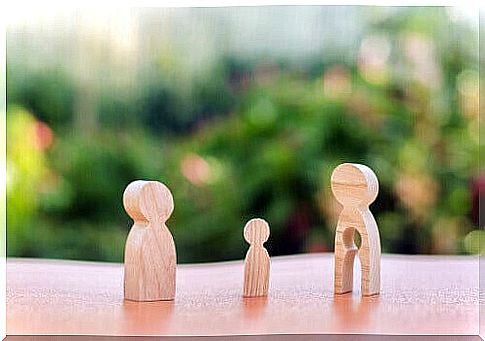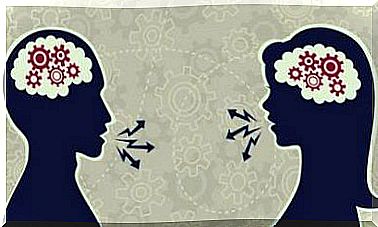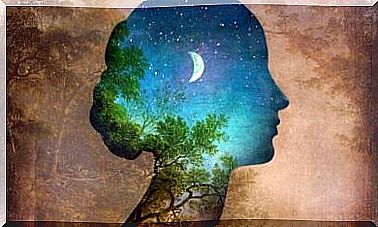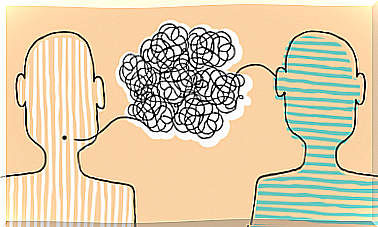Am I Condemned By Family Inheritance?

There is nothing that bothers us more than seeing ourselves reflected in the faults of our mother or father. It makes us think about the possibility that throughout our lives we have a horror of these flaws or ways of being and now we act the same, as if it was an inheritance. family.
The discomfort caused by this similarity is such that we often deny it exhaustively. This denial, moreover, leads us to place it unacceptable to ourselves in others. What is called in psychoanalytic terms projection or, as the saying goes, “seeing the straw in the eye of the other and not the beam in his” .
We tend to repeat family patterns and inheritance in our social, marital and family relationships. What we have learned as we have grown has been incorporated into us. Realizing it, we can ask ourselves, am I really doomed to repeat the same mistakes as my family?

Why is our family heritage important?
Our family heritage goes beyond genetic studies. Ever since we came out of the womb, and even before, we haven’t stopped learning. We imitate what we see in our references. What they do, how they express themselves, how they deal with their own emotions… And we understand that this is our role model.
In fact, there is a phase of development in which children are unable to differentiate their own being from that of their caregivers. It will be at later stages that the child will develop his “I” and will understand that he is a being independent of his attachment figures. This phase is particularly sensitive in adolescence, when it comes to affirming this “I” and denying any family heritage.
Moreover, these fixing figures are not only a model, but in a way “the model”. Parent figures are fully idealized in early childhood. So much so that, according to psychoanalytic theories, there is a crush on parents, known as the Oedipus or Electra complex.
So am I doomed to repeat the same mistakes as my family?
Of course, you are not doomed to repeat your family heritage. At least if that’s not what you want. All these models are imbued with our personality, and surely you often recognize them. But these are not the only models you have, your life experiences also structure this whole network.
The new relationships that you establish, whether as a couple, in friendship or in fraternity, induce all these internal models of family heritage that you carry within you to mobilize, change or transform.
In this sense, we can consider the family heritage as a burden, but also as something precious that we want to continue to nurture in our generation. There are many cases of family heirlooms that have not only been tracked, but perfected.
Anna Freud, daughter of the famous psychiatrist Sigmund Freud, made fundamental contributions to psychiatry with her theories of defense mechanisms. Anna Freud continued with her father’s legacy and went further, to give an example.
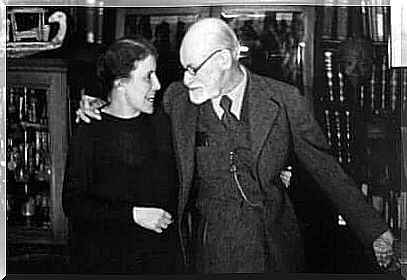
Trying to improve our family heritage
As we have seen, family heritage is the baggage and patterns of understanding the world that we have learned from our attachment figures and which, therefore, have left a deep mark on us. However, that does not mean that we are determined to repeat what our loved ones have done if we do not agree.
One of the psychotherapies that focuses the most on this view is family therapy. This way of working precisely tries to elucidate your current family position and even generations ago. This will allow the person to take an active role in those unconscious family patterns that recur and cause pain.
In short, we are heirs to our loved ones. Both for the positive things and the legacy that make us proud, and for those that make us suffer and make us stagnate. But we must remember that it is up to our own existence to improve this heritage more and more. And to pass on the best of ourselves to the next generation.
